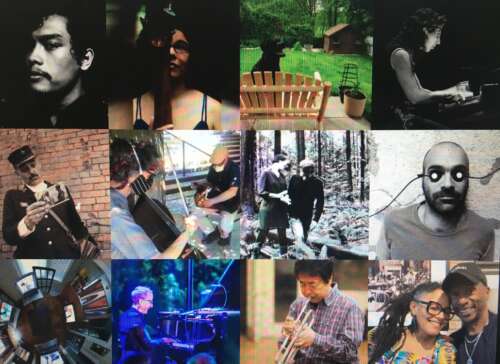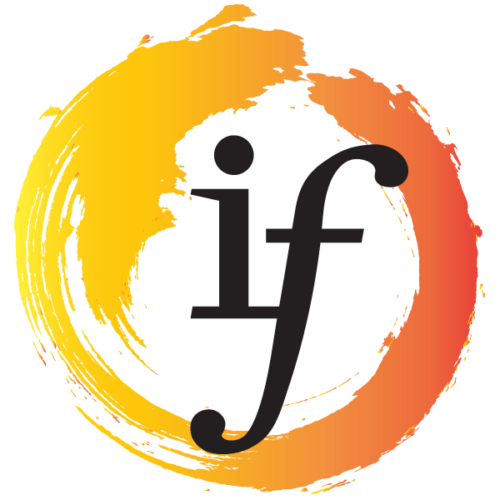
More than 150 artists from more than 20 countries will offer up their improvisational creations to the world during the University of Guelph’s online IF 2020: Improvisational Festival.
The festival begins Friday, Aug. 7 at 8 p.m. (ET) — or midnight UTC (Coordinated Universal Time) on Aug. 8 — and runs for 24 consecutive hours. All performances are pre-recorded. Performers are being paid and the event is free for all to watch.
Visit ImprovFest.ca to learn more about the artists and schedule.
U of G is home to the International Institute for Critical Studies in Improvisation (IICSI) and is an international leader in the study of improvisation in the arts. Festival artistic director Ajay Heble, IICSI director and professor in the School of English and Theatre Studies, said improvisational artists, including musicians, dancers, poets and visual artists, were quick to respond to invitations to perform at the festival.
“We at IICSI have talked for some time about organizing a multidisciplinary festival of improvisation,” Heble said. “And this, in many ways, seemed to us to be the time to make such a festival happen.”

Festivals and community organizations around the world are working in partnership with U of G on the festival, which received funding from a number of sources, including the University’s COVID-19 Research Development and Catalyst Fund, the Social Sciences and Humanities Research Council, and Musagetes, an international arts organization.
“It seemed important for us to organize such an event at a time when concerts and performances were being cancelled, when opportunities to experience a sense of community were being diminished, when it was for many people becoming increasingly difficult to experience art and music,” said Heble.
Performances take place in a wide range of settings, from studios and stages to small rooms and outdoor spaces. Performers from across Canada will take part, along with others from Mexico, Singapore, Hungary and the United States, among many other countries.
Heble said that in a recent article, author Arundhati Roy stated that pandemics have historically led to the world being imagined anew, acting as portals between one world and the next.
“Our event, too, was envisioned as part of an attempt to encourage us to ‘imagine the world anew,’ to exemplify some of the ways that artists have continued to find compelling and resourceful ways to improvise community and share the power of creativity to bring people together, especially during this difficult time,” Heble added.
Festivals, he said, are about “reinvigorating public life with the spirit of community.” And despite the constraints of social distancing during the pandemic, he is confident people can find a way to come together to experience a sense of community when they tune in to IF 2020.
“I hope, too, that the participating artists will reach new audiences and that our event might play even a very small role in somehow helping to quell the anxieties brought about as a result of the pandemic.”